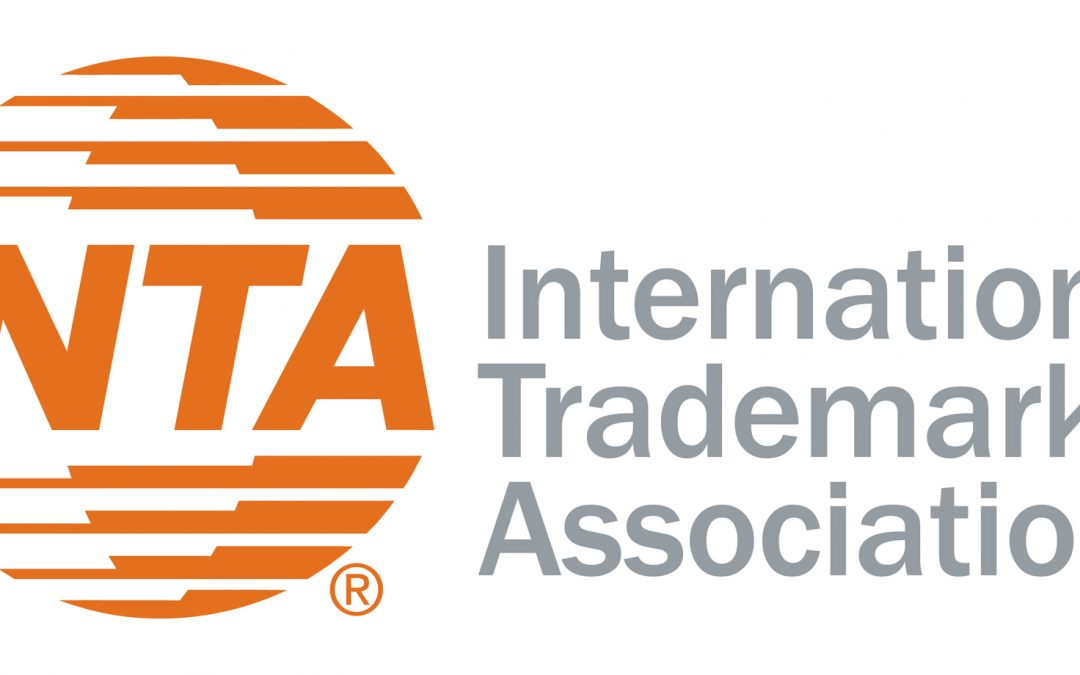In-house trademark teams are “always being asked to do more with less,” and the future looks to be just as challenging, according to a report released today by the International Trademark Association (INTA) that reflects benchmarking research on the changing roles and responsibilities of in-house trademark teams.
Based on quantitative and qualitative surveys, the “2020 In-House Practitioners Benchmarking Report” found that most respondents cited “an increase in workload without an increase in staffing” (65%) and a “decrease in budget” (56%) as the top two challenges over the next three years.
Additionally, survey respondents said that the COVID-19 pandemic has contributed to a significant (18%) or moderate (37%) increase in the volume of work. In-depth interviews confirmed that while the pandemic might be exacerbating workload concerns, in-house practitioners “had long been worried about doing more with less,” the report said.
“The challenges facing in-house practitioners are intensifying as we confront economic uncertainty, changing consumer attitudes, and expectations toward brands, as well as the ongoing pandemic. It’s incumbent upon organizations to gain insight into their teams to maximize their full potential and plan for the future, especially given the overall value of intellectual property to a brand,” said Ayala Deutsch, INTA President, and Executive Vice President and Deputy General Counsel at NBA Properties, Inc. in New York.
In the forward to the report, Ms. Deutsch posed the overarching question: “How can we continue to be all-star practitioners and maintain an all-star team within our organizations during these evolving times?”
It is through this lens that the report provides invaluable data to help in-house trademark practitioners and their organizations strategize and adapt for the future, including the scope of work of trademark legal teams, how that work is managed, and how trademark practitioners’ roles and responsibilities are changing. Additionally, the report tackles recruitment, talent management, diversity and inclusion, and compensation and benefits.
The data comes from more than 500 in-house practitioners at more than 300 of INTA’s corporate-member organizations across industries and regions. The research consisted of a 45-minute online survey and subsequent in-depth interviews with a small group of survey respondents. Given that the surveys were conducted in June and July of 2020, the report notes that the findings “may reflect the realities of the COVID-19 pandemic.”
Among the key findings, the median in-house legal team had about 4,500 total trademarks in its portfolio, had a budget between $1 million and $2 million, and was composed of six people. On average, teams were made up of 50 percent lawyers, 33 percent paralegals, and 17 percent trademark administrators and other positions.
The most common work among in-house practitioners were prosecution-related tasks and enforcement, litigation, and oppositions. But their responsibilities are expanding into new areas, including client counseling, anticounterfeiting, and reviewing marketing materials. Over the last three years, largely due to changes in technology, demand for work has increased the most in anticounterfeiting (up 60%), social media (up 56%), and clearance (51%).
Among survey respondents, 91 percent agreed that their “organization’s leadership appreciates the value and importance of trademarks and related issues,” and most said their organization was investing the right amount of money (64%) and human resources (58%) into legal support services and trademarks. However, about half of practitioners (48%) said they did not know how their organizations capture the value of trademarks.
Yet, a significant portion of respondents said there was “too little” investment, and they worry that in-house teams will be targets for cuts when budgets tighten. Over the next three years, among the total respondents, 8 percent expect their team size to decrease; 45 percent, stay the same; 30 percent, increase; and 17 percent, don’t know.
On the hot-button issue of diversity and inclusion, one in five in-house practitioners said they felt socially excluded at an event in the trademark/IP field. Only 39 percent agreed that “discrimination is rare” within the field today. Further, interviewees had the most significant concerns around race. In addition, while they often noted the high proportion of women in the field, many desired better representation among leadership.
Corona Insights, a Denver, Colorado research firm, conducted the research, in collaboration with INTA’s 2020–2021 In-House Practitioners Committee, INTA’s 2020–2021 Research Advisory Council, and Association staff.
The executive summary is publicly available. The 60-page report and other deliverables, including a Compensation & Benefits Special Edition Report and Outside Collaborator Special Edition Report, have been compiled into various packages exclusively available for purchase by INTA members.
About the International Trademark Association (INTA)
The International Trademark Association (INTA) is a global association of brand owners and professionals dedicated to supporting trademarks and related intellectual property (IP) to foster consumer trust, economic growth, and innovation. Members include nearly 6,500 organizations, representing more than 34,350 individuals (trademark owners, professionals, and academics) from 185 countries, who benefit from the Association’s global trademark resources, policy development, education and training, and international network. Founded in 1878, INTA is headquartered in New York City, with offices in Brussels, Santiago, Shanghai, Singapore, and Washington, D.C., and a representative in New Delhi. For more information, visit inta.org.










